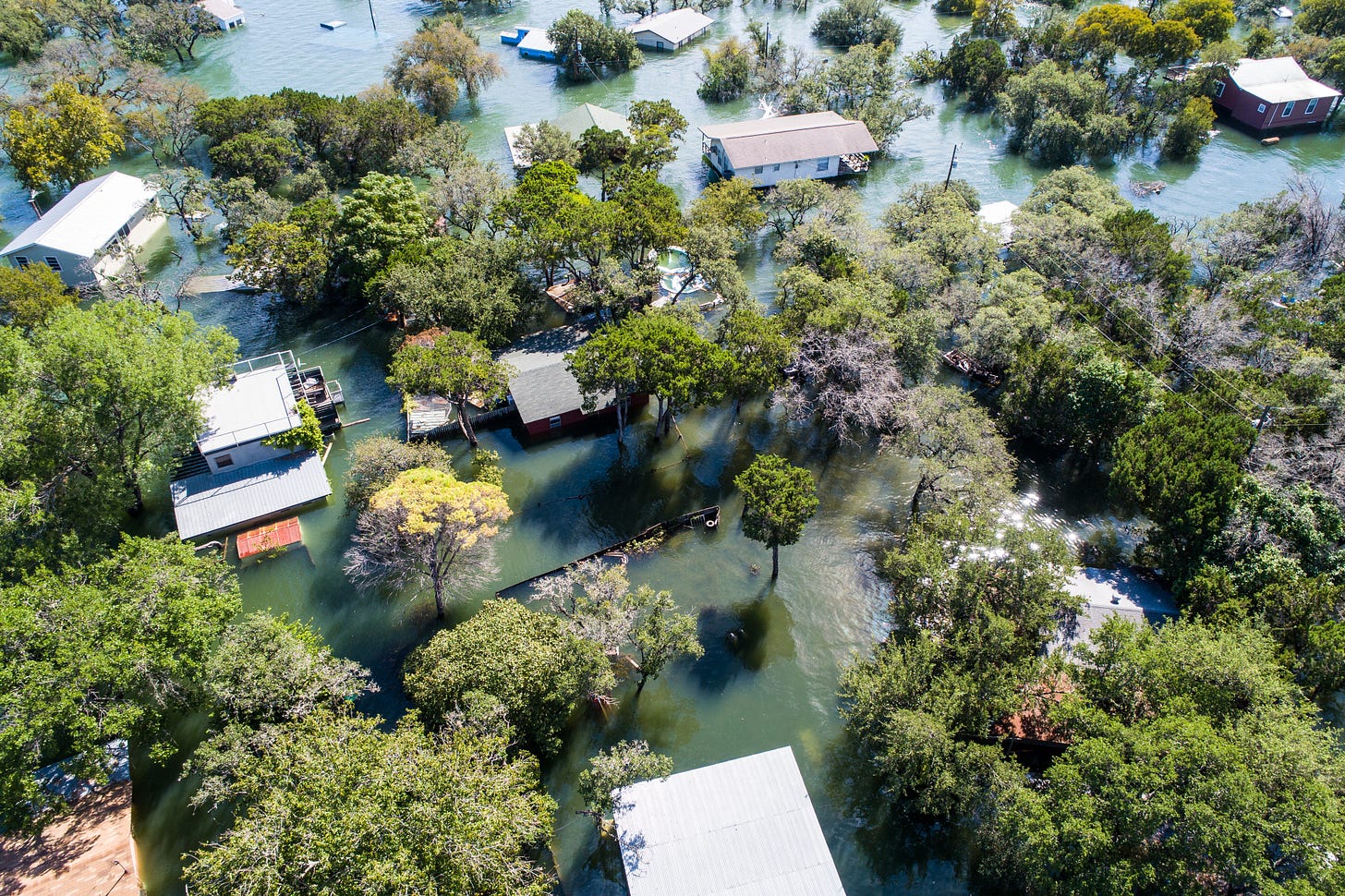Abbott Signs Camp Safety Bills Into Law After Deadly Texas Floods
Governor Enacts "Heaven's 27 Camp Safety Act" Following July 4 Tragedy That Killed 27 at Camp Mystic
Texas Governor Greg Abbott on Friday signed into law sweeping legislation designed to prevent youth camp tragedies after July's catastrophic flooding killed 27 people at Camp Mystic in Kerr County. The bills, passed during a contentious special legislative session, ban state licensing of camps with cabins in floodplains and require enhanced emergency preparedness measures for all youth facilities across Texas.
The signing ceremony at the Governor's Mansion brought together grieving families who lost children in the July 4 disaster, legislative leaders, and advocates who pushed for the reforms following one of the deadliest natural disasters in recent Texas history.
A Tragedy That Sparked Legislative Action
The flooding at Camp Mystic during the July Fourth weekend became a catalyst for statewide reform when fast-rising waters of the Guadalupe River swept through the girls' summer camp. The disaster claimed 27 lives, including campers and counselors, as part of a larger flooding event that killed at least 136 people across Texas.
"It just became clear to me that this incident was 100% preventable" - Blake Bonner, father of 9-year-old victim Lila Bonner
Blake Bonner, whose 9-year-old daughter Lila died in the floods, emerged as a leading advocate for legislative change. Along with other grieving families, Bonner worked with lawmakers to ensure meaningful safety reforms would emerge from the tragedy.
Matthew Childress, whose 18-year-old daughter Chloe was among two counselors killed, described how shared grief united the families in their legislative push. "That was really important to me, that we move as one, that we have as much unity as possible," Childress told reporters.
Key Provisions of the New Laws
The legislation centers on Senate Bill 1, known as the "Heaven's 27 Camp Safety Act," which prohibits the Texas Department of State Health Services from licensing youth camps with cabins located in Federally Designated floodplains. The measure represents the most significant youth camp safety reform in Texas history.
House Bill 1 complements the floodplain restrictions by requiring camp operators to develop comprehensive emergency preparedness plans, install warning systems, and provide detailed evacuation procedures. The legislation also requires camps to inform parents if any portion of their facility is located within a floodplain.
Additional safety requirements include enhanced staff training on emergency procedures and the installation and maintenance of emergency warning systems throughout camp facilities.
Economic Concerns and Local Opposition
Despite broad support for enhanced safety measures, the legislation faced criticism from some local officials and camp operators who were concerned about the economic impacts on rural communities. Representative Wes Virdell of Kerr County argued the bills were "rushed" and should be left to county decision-making.
"There are issues with this bill. It honestly should be left up to the counties because the counties know what's best in their district" - Rep. Wes Virdell
Camp Mystic survivor Lindsey Roberson, whose two daughters were at the camp but survived, launched a petition calling for revisions to the legislation. While supporting safety improvements, Roberson argued the bills were "flawed" because they don't provide financial assistance for camps required to relocate facilities.
Her petition, which attracted approximately 700 signatures, highlighted concerns that camps could close without adequate support, eliminating jobs and tourism revenue in rural areas.
Broader Flood Response Measures
The camp safety bills were part of a larger flood response package that emerged from Abbott's special legislative session. The governor allocated $240 million from the state's rainy day fund for disaster relief, along with funding for warning sirens and improved weather forecasting systems.
The legislation followed Abbott's initial promise of comprehensive flood response measures after the July disaster, which caused an estimated $18 to $22 billion in economic damage, according to AccuWeather.
However, some broader flood mitigation proposals failed to advance during the session, as political battles over congressional redistricting consumed much of lawmakers' attention and energy.
A Legacy of Prevention
For the families who lost children at Camp Mystic, the legislation represents both a memorial to their loved ones and a commitment to preventing future tragedies. The "Heaven's 27" designation honors each victim while establishing new safety standards for youth camps throughout the state.
"All the key tenets that we were looking for were addressed in these bills" - Blake Bonner
The signing ceremony concluded months of advocacy by grieving families who transformed their loss into legislative action. As Texas faces increasing extreme weather events, the new laws establish precedents for protecting children in outdoor recreational settings while balancing safety concerns with economic realities in rural communities.
The legislation takes effect immediately, granting state regulators the authority to implement the new floodplain restrictions and emergency preparedness requirements. Camp operators will have until the next licensing cycle to comply with enhanced safety standards, marking a new chapter in Texas youth camp oversight following one of the state's most devastating natural disasters.



